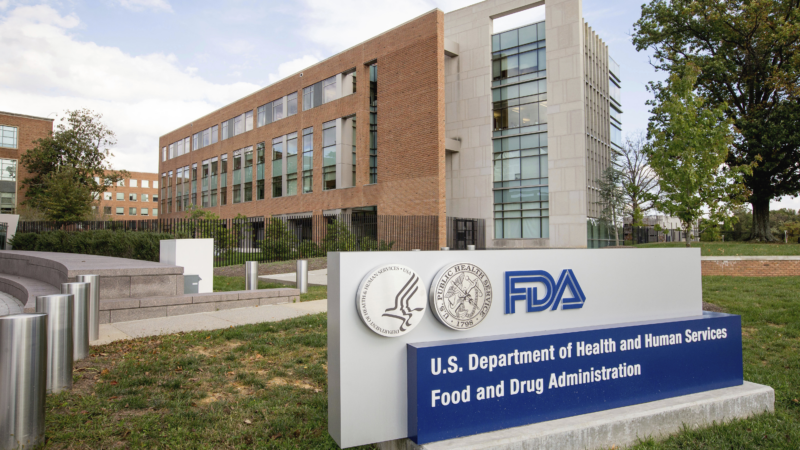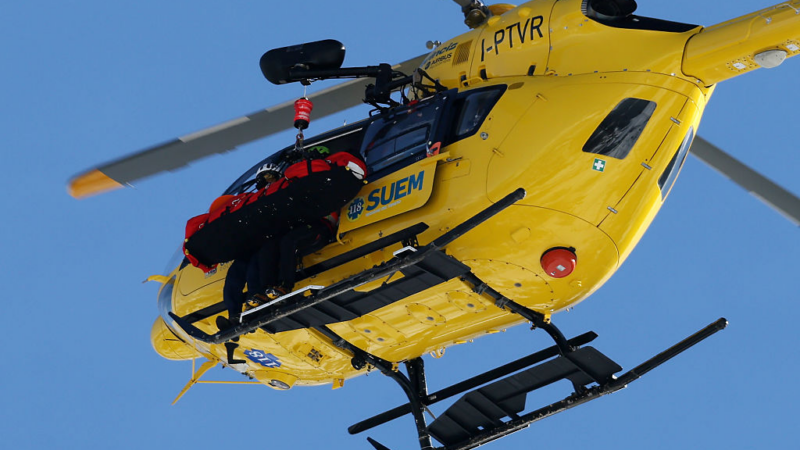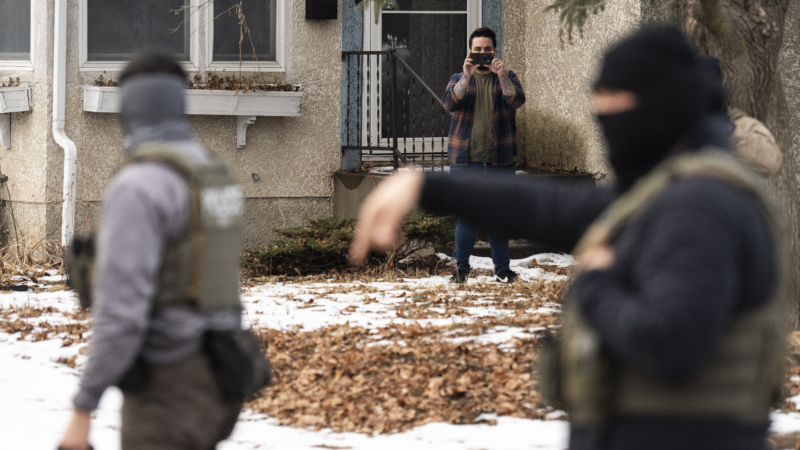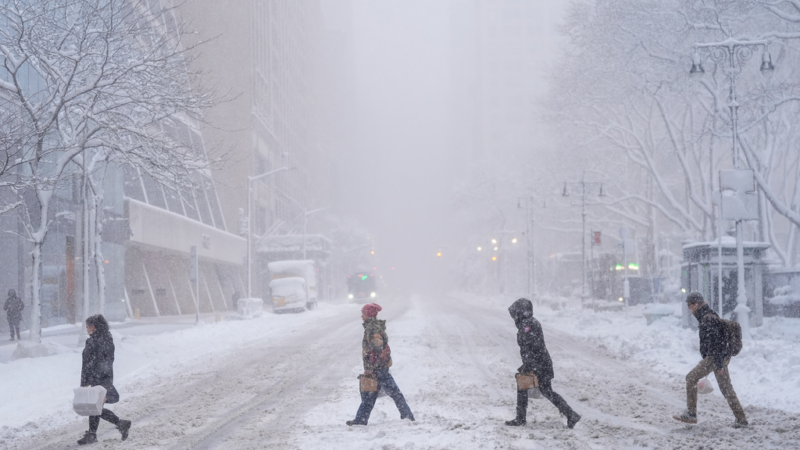UAB Furloughs Staffers And Cuts Pay Amid Pandemic
UAB announced Monday that more than 300 university staff members will be temporarily furloughed in an effort to offset significant financial losses due to COVID-19. UAB Medicine projects a $230 million loss through the end of September. Meanwhile, the university projects a $40 million loss.
The furlough will begin May 10 and last until July 31. The University System said the furlough period could be shorter or longer depending on the impact of the pandemic.
The furloughs affect staff that can’t work remotely. UAB President Ray Watts said this includes jobs like carpenters. Furloughed employees will be able to retain their benefits, according to the university.
“These actions are a reflection only of the harsh economic realities of the COVID-19 crisis, not a reflection of the value of UAB faculty and staff or their job performance. We are disappointed that this action has become necessary,” Watts said in a press release.
UAB also announced temporary salary cuts for many clinical faculty and hospital staff including:
- School of Medicine staff who provide direct patient care or do clinical work as a regular part of their job
- University of Alabama Health Services Foundation employees who provide direct patient care or do clinical work as a regular part of their job
- Staff at UAB Health System
- Staff at Callahan Eye Hospital
Clinical department faculty at the School of Medicine will see an average pay cut of 7%. Senior leaders including department chairs will see a 10% cut. The other temporary pay cuts are on a sliding scale:
- Hourly wage employees making $15 or less per hour: 0% pay cut
- $0 – $31,200: 0% pay cut
- $31,201 – $50,000: 3% pay cut
- $50,001 – $75,000: 4% pay cut
- $75,001 – $125,000: 5% pay cut
- $125,001 – $200,000: 6% pay cut
- Greater than $200,000: 7% pay cut
UAB leadership also faces pay cuts ranging from seven to 15%.
This news comes just days after the university system announced it would stop matching payments to voluntary 403(b) retirement plans through the end of September.
UAB says faculty and staff who want to support their colleagues are encouraged to give to the UAB Benevolent Fund, which is now being applied toward UAB’s Coronavirus COVID-19 Relief Funds.
EDITOR’S NOTE: UAB holds WBHM’s broadcast license, but our news and business departments operate independently.
The FDA creates a quicker path for gene therapies
The Food and Drug Administration aims to evaluate treatments for rare diseases based on plausible evidence that they would work — without requiring a clinical trial first.
BAFTAs apologize after guest with Tourette syndrome uses racial slur during ceremony
A man with Tourette syndrome shouted a racial slur and other offensive remarks during the BAFTA awards ceremony Sunday. The BBC did not edit out his outbursts in its delayed broadcast.
‘Everything was in pieces:’ Lindsey Vonn describes grueling surgery on broken leg
In a recent video, the Olympic skier credits her surgeon with saving her leg from potential amputation.
A new lawsuit alleges DHS illegally tracked and intimidated observers
Observers watching federal immigration enforcement in Maine who were told by agents they were "domestic terrorists" and would be added to a "database" or "watchlist" are now part of a new federal class action lawsuit.
Kate Hudson on regret, rom-coms and finding a role that hits all the notes
Hudson always wanted to sing, but feared it would derail her acting career. Now she's up for an Oscar for her portrayal of a hairdresser who performs in a Neil Diamond tribute band in Song Sung Blue.
A powerful winter storm is roiling travel across the northeastern U.S.
Forecasters called travel conditions "extremely treacherous" and "nearly impossible" in areas hit hardest by the storm, and air and train traffic is at a standstill in many parts of the region.







